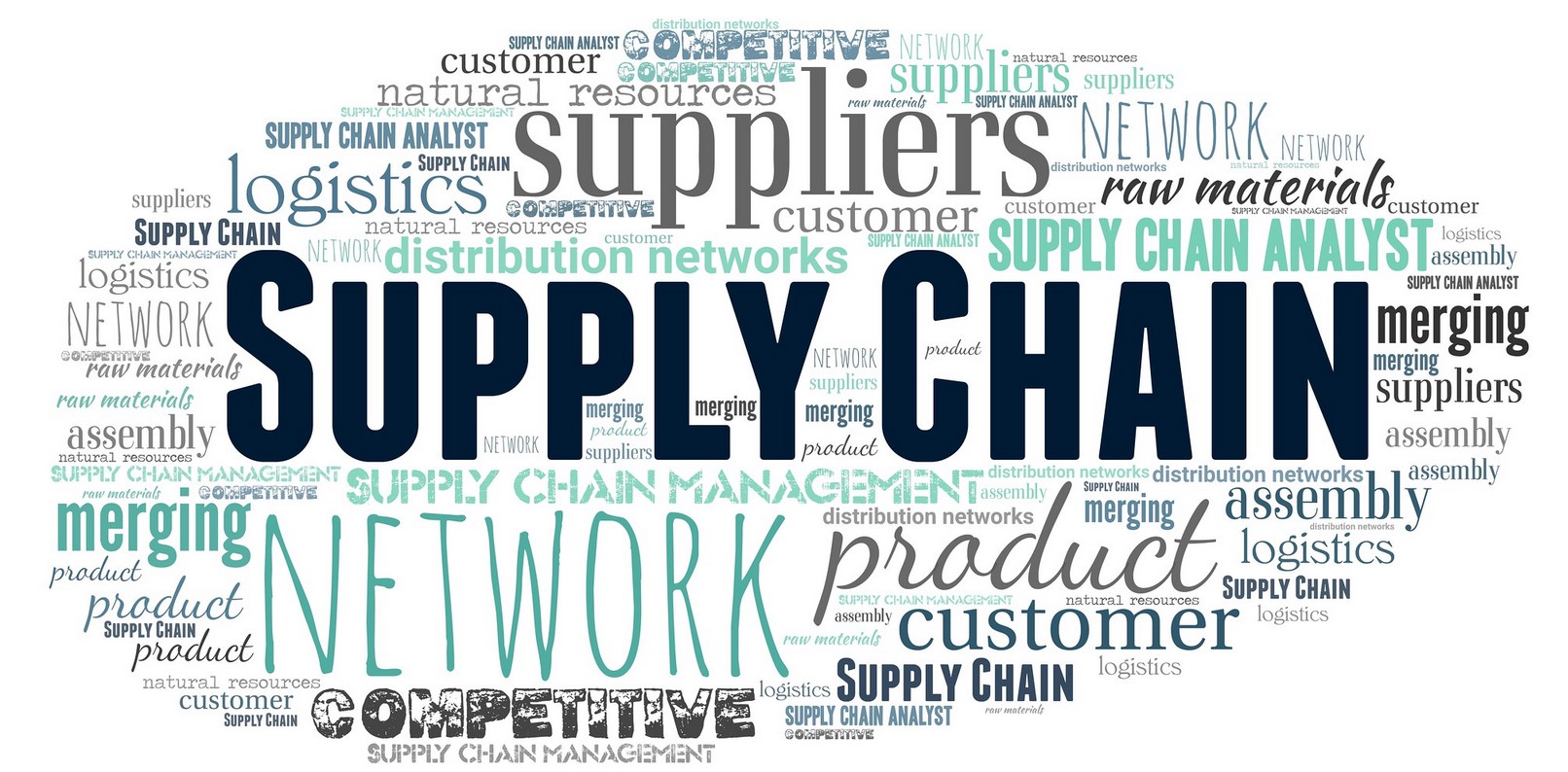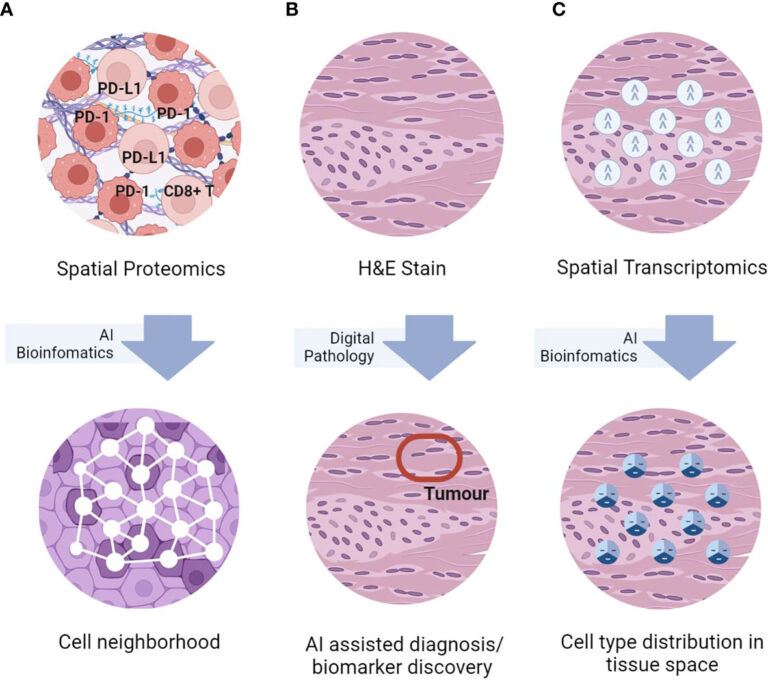Blockchain and Supply Chain
Picture a world where transparency, efficiency, and security merge seamlessly to revolutionize the way products are manufactured, distributed, and consumed. This visionary landscape is becoming a reality thanks to the powerful combination of blockchain technology and supply chain management. Let’s understand how this technological pairing is reshaping the future of supply chains, bringing us closer to a realm of ultimate trust and efficiency.
The Supply Chain Conundrum
The supply chain is the backbone of global commerce. It involves a complex web of transactions, shipments, and information flows. However, this complexity often leads to issues like counterfeiting, inefficiency, delays, and a lack of transparency, making it a prime candidate for innovation.
Blockchain: A Trusted Ledger
Blockchain, the decentralized and immutable ledger technology, promises to solve many of these supply chain dilemmas. It brings transparency and security to each step in the process by creating a tamper-proof record of transactions and product origins.
Tracking the Journey: From Source to Destination
One of the most compelling aspects of blockchain in the supply chain is its ability to provide a transparent record of a product’s journey from source to destination. Every participant in the supply chain can access this shared ledger, reducing disputes and errors.
Reducing Counterfeits
Counterfeit products cost the global economy billions of dollars. Blockchain enables consumers to verify the authenticity of products by scanning a QR code or using an app, ensuring that what they buy is genuine.
Streamlining Processes: Efficiency Redefined
Blockchain eliminates the need for manual record-keeping, paperwork, and intermediaries, streamlining processes. Smart contracts, self-executing agreements triggered by predefined conditions, can automate tasks like payment and quality control.
Enhancing Sustainability
Sustainability is a growing concern. Blockchain enables companies to provide irrefutable proof of their eco-friendly practices, from sourcing sustainable materials to reducing waste, fostering a more ethical and sustainable future.
Real-World Use Cases
Many industry leaders have already embraced blockchain technology. For example, Walmart uses blockchain to trace the origin of certain food products, while IBM’s Food Trust platform enhances food safety. In the luxury goods industry, LVMH uses blockchain to authenticate high-end products.
The Future of Supply Chains
As blockchain technology continues to evolve and becomes more mainstream, we can anticipate further developments. The future supply chain will be characterized by:
End-to-End Transparency: Every party involved will have access to real-time information, reducing errors and disputes.
Automated Compliance: Smart contracts will ensure adherence to regulations, reducing the risk of fines.
Improved Collaboration: Blockchain will encourage closer collaboration between stakeholders, promoting sustainable practices and ethical sourcing.
Final Thoughts
Blockchain and supply chain management are indeed a match made in tech heaven. This powerful combination offers a future where trust and transparency reign supreme, counterfeit products are nearly eliminated, and sustainability becomes a standard rather than an exception. As the synergy between these two technologies continues to evolve, the supply chain of the future promises to be a testament to the potential of technological innovation.




